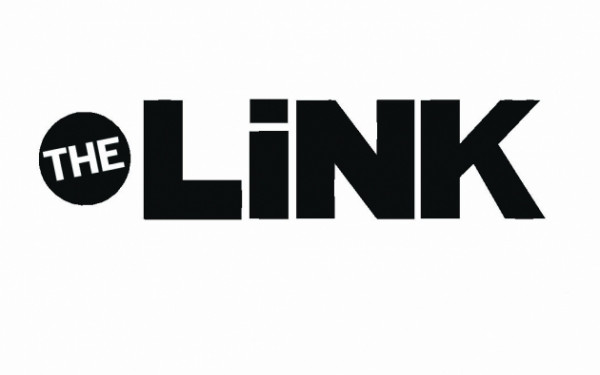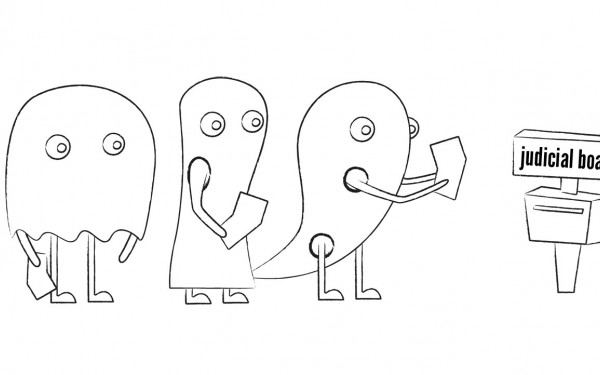Closed Session
CUTV Uninvited to Film CSU Meeting
Concordia Student Union council meetings tend to be either mind-numbingly boring or appallingly outrageous. In the last couple of years, they’ve trended more towards boring than outrageous, which is a good thing.
Sadly, this past Wednesday’s council meeting, for those of us long enough in the tooth, brought on some flashbacks of the late, unlamented Evolution dynasty (our ballot-box stuffing, rule-ignoring six-year orgy of disregard for students).
Back in the dark days of Evolution, several councillors attempted to get CUTV to film council meetings. That the executive and council of the day illegally refused to allow filming was no surprise—after all, corruption doesn’t play too well on video.
This past month, fellow councillor Joel Suss and I proposed a motion to invite CUTV to film and stream council meetings live. Although CUTV doesn’t need permission to film and disseminate a public meeting, we thought the invitation would be a nice gesture and a clear signal that the CSU has moved beyond its dark past.
After all, council is no longer a den of corruption and broadcasting council meetings is a great way to improve the accessibility and transparency of our meetings. Who could be against allowing the students who elected us to see first-hand the decisions we are making in their name?
We thought it would be a no-brainer, a simple and easy way to show respect for our constituents and encourage students to be more aware of, if not involved in, the student union that spends more than $2 million of student money each year.
Boy, were we wrong!
Led by CSU President Heather Lucas, CSU VP External Adrien Severyns and ASFA President Aaron Green, a chorus of opposition to this simple token of accountability was voiced by councillor after councillor.
The reasons ranged from the nonsensical (councillors will be intimidated if students can watch their actions) to the downright preposterous (broadcasting will increase student apathy, it is illegal to film a public meeting—these non-sequiturs courtesy of Mr. Green).
That is not to say that all councillors’ opposition was disingenuous. The majority of councillors are earnest, well-meaning individuals who have understandable concerns about becoming TV personalities.
Unfortunately, when each of us stood for election, we sacrificed aspects of our privacy. That’s the deal when you become a public figure. The newspapers can complain about us, students can accost us in the halls and what we do and say in public council meetings is a matter of public record.
Most importantly, memories of the corrupt CSU’s hiding in closed meetings and conducting all sorts of nefarious business behind students’ backs are still fresh. We are now in the second year of the Vision/Fusion dynasty that replaced Evolution, and the only way to guarantee that this dynasty will not slide into the corruption and lawlessness that defined its predecessor is to eliminate the temptation completely.
The more open and transparent our union, the more vibrant and secure our democracy.
The best example of the need for public access came later in the same meeting. When councillors acknowledged that a referendum question asking students to pay an additional $2.50 per credit to the student centre was misleading (giving the impression that students would pay $0.50 a semester, rather than an additional $0.50 each semester for a total of $2.50 per credit), but defeated two amendments which would have honestly spelled out the actual cost to students before mandating the CEO to ensure the wording was fair (something he is already mandated to do by our regulations).
Even if you would never watch 10 seconds of a council meeting online or otherwise, making sure the fees we all pay are spent wisely is something we all care about. The best way to ensure our representatives are held accountable is to make their decisions as open and accessible as possible.
So next time you bump into one of your elected representatives, ask them why they’re opposed to transparency. Ask them why they mind you watching their meetings. Because if they have nothing to hide, why are they fighting so hard to stay in the shadows?
This article originally appeared in Volume 31, Issue 10, published October 19, 2010.



__600_375_90_s_c1.jpg)
__600_375_90_s_c1.jpg)

